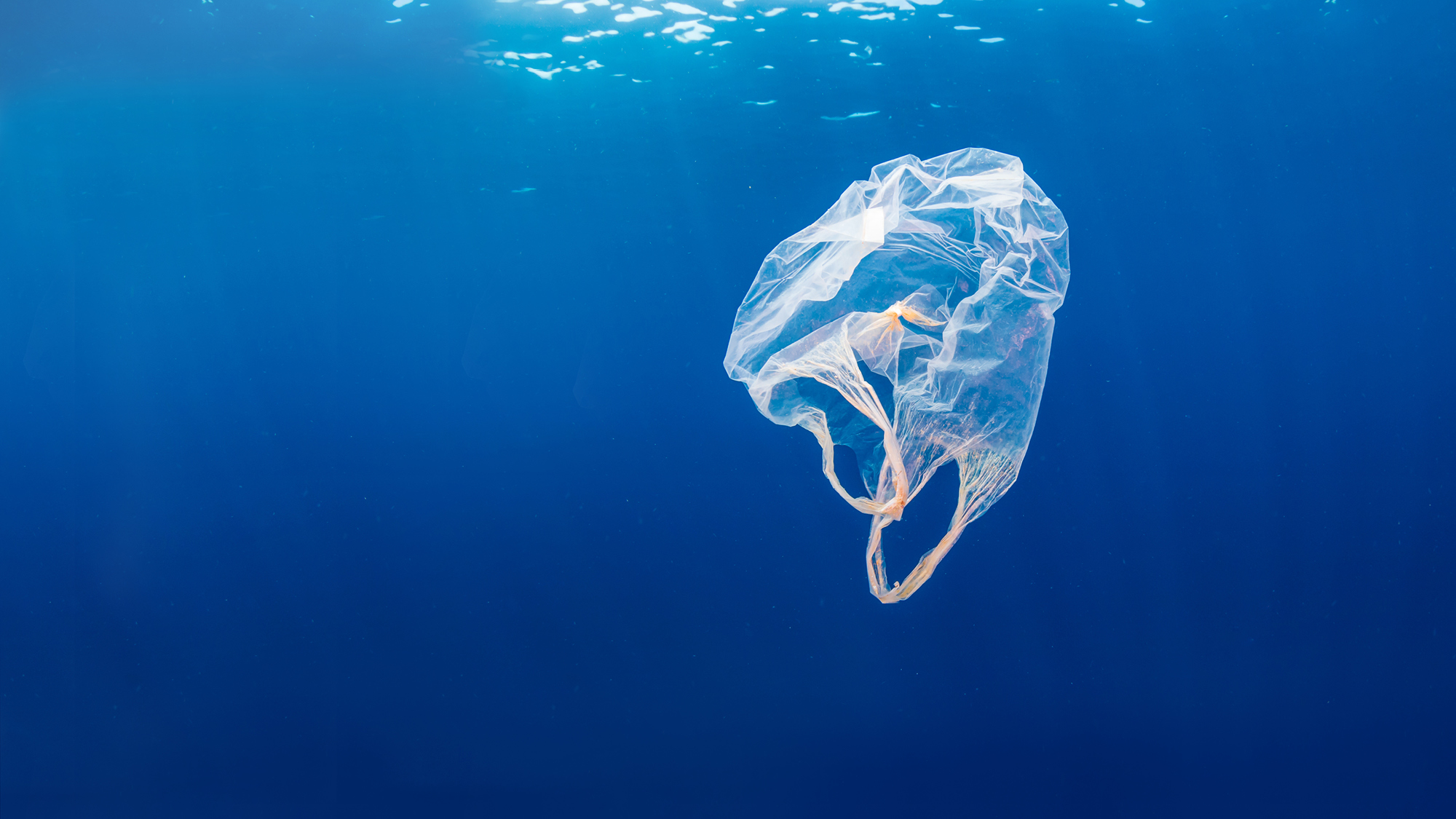Consumption patterns that must change - so what’s next as lockdown eases?

We live in interesting times, and even during the global pandemic, the growing interest of the media, consumers and society at large, on the waste and resources sector has continued. The sector’s frontline staff have been thanked on many occasions for continuing to work through the lockdown, keeping the public safe and protecting our environment. Despite the positivity, there has been an increasing number of reports focused on plastic pollution of our rivers and oceans, micro-pollutants, and the issue of disposing of increasing amounts of PPE, particularly face masks and gloves now in wide circulation . This has continued to give plastic a bad name. Though, as I have said on many occasions, it isn’t plastic that’s the problem, but how we use and dispose of it. The Covid-19 pandemic has certainly challenged us in terms of both materials and behaviours.
Behaviours
Almost five months of lockdown have altered our lifestyles and to some extent our expectations. We have learnt that we don’t need to travel as much, working at home is easier than many had thought, and we can juggle our commitments as parents, teachers, employees and employers under extreme conditions.
Surprisingly, our environment is in far better condition than it was in February 2020 when the pandemic first came to our attention. Air pollution has fallen with a reduction in car and air travel. Carbon emissions have dropped as transportation came to a halt and specific sectors went into lockdown, only now beginning to return to pre-covid levels of output. Perhaps most pleasing for many of us working in waste management, was the significantly lower levels of litter on our streets, verges and at motorway service stations.
However, after several weeks of lockdown restrictions being eased, we’ve seen heightened media interest in the return of litter across the environment. From city centres, to beaches and national trust landscapes, disappointingly, the litter problem really is back with us. After a few weeks of mulling this over, I would like to share a few reflections, as we return to a new normal.
Why do people litter?
Is it a lack of infrastructure at picnic venues, on the high street and at travel hubs, or is it something about the items and their disposable packaging as being perceived as having no value? There is probably a degree of truth in both cases, with ‘binfrastructure’ less prevalent than needed because of concerns about terrorism and the costs of the collection services.
On any number of webinars over the summer, I have debated the role of the public in effective waste management, and for all the great recyclers out there, it seems that most of the experts agree that those who litter, do not feel responsible for waste or for their actions regarding packaging and recycling, and that really must change.
The lockdown period has seen a huge upturn in local clean up campaigns, beach cleans, and rural litter picks, including my local village. The media has been full of these positive stories, but the interviews never get to the heart of the problem – consumers and their choices. Just as beach cleans and any number of Tidy Britain campaigns have helped address the problem, this is little more than a bandage rather than a cure.
It is perhaps time to re-educate society that packaging has value and that littering has real environmental and social costs. As such, we all have a responsibility to do the right thing. Perhaps it is time for the Wombles to return to centre stage, they were not only a key part of my early years’ education helping open my eyes to the problems of consumption and pollution, but they inspired my PhD! A national re-education and engagement campaign is needed to bring this issue to the forefront of our minds, and we need to do it now, before old habits creep back in.
Is it too late for a new norm?
Leisure centres, swimming pools, hotels and holiday venues, all reopened in early August. Children are on school holidays and many foreign holidays have been postponed to 2021. So has the problem of litter exploded over the summer?
Evidence to date is not promising. As we all know, once there is some litter, it attracts more, almost making it a social norm. There have also been similar patterns with fly-tipping, which has been the focus of a few fly-on-the-wall documentaries this summer.
So what can be done to prevent this?
Rolling out a higher density of bins, both residual and recycling, should make it easier for people to discard properly rather than litter. However, this will not be enough, and given budget constraints due to Covid, it is unlikely this will be a priority for many local authorities, tourist hotspot patrons or shopping centre owners. A national campaign might help, one that reinforces what children already know, but some lose through their teenage and young adult years, though this is probably a long-term transition. Littering needs to be made seriously uncool and I will leave that mission up to the experts, but answers on a postcard are welcome.
Perhaps, another critical part of the solution is reducing the opportunity for on-the-go consumption. After all, most littering is associated with things being thrown away whilst walking, when in the car, or when at an event. When you see littering reports in the media, you see crisps packets and cigarette butts. However the litter we most remember is the fast food packaging, the branded plastic water bottles and coffee cups. Let’s rethink the issue of litter and stop more of it at its source. I am old enough to remember that grabbing a coffee with friends involved sitting in a coffee shop and enjoying it on site. Now, the trend that ‘convenience is king’, has forced us into the world of take-aways to be consumed on-the-go as you walk, ride or drive from place to place, and that is why we face more litter than ever before.
Reforms to extended producer responsibility (EPR) should help from 2023 onwards. This will see the cost of capturing and treating littered packaging, reflected in the modulated fees paid by producers for the packaging they place on the UK market. This should drive new engagement campaigns, focusing on getting those materials into the recycling system, and perhaps this is when the Wombles might get the green light to be part of a consumer facing campaign of the scale and edge that RecycleNow, with Eddy Izzard, had delivered so effectively through WRAP some decade or more ago.
However, I believe we should go further. Perhaps a ‘latte levy’, or fee for any drink sold for consumption outside of the restaurant, possibly including fast food chain soft drinks, and any cans or bottles purchased ‘on the go’, would help to drive the uptake of refillable and reusable drinks bottles. The government quashed this idea 12 months ago, but with the rise of litter in the early weeks post lockdown, a more radical policy reform might be just what is needed.
An ‘on-the-go consumer tax’ would save society money, enhance our environment, protect our habitats, and help re-embed behaviours that were once the norm. It is time to act, let us stand up and be counted. It really isn’t too late to stem the tide of litter. I welcome some debate and discussion on this issue, so don’t be shy and drop me a line.
